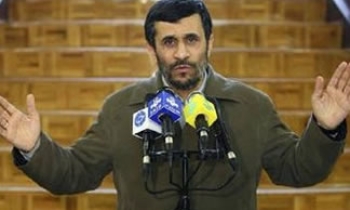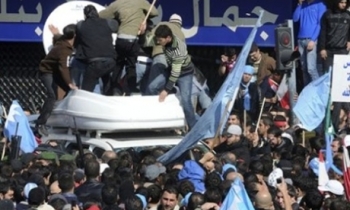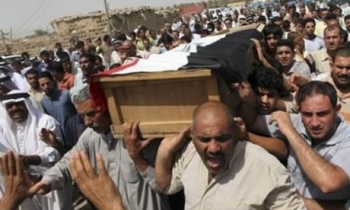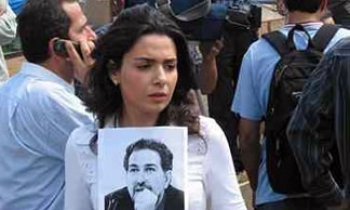Stating that India was at a historical juncture, Prime Minister Manmohan Singh Sunday said the media had a crucial role in tackling and guiding the process to create a modern society built on a rapidly growing economy.
Inaugurating the silver jubilee celebrations of Telugu daily Prajashakti, a mouthpiece of CPI-M and a national seminar on "press and the nation" here, he said media had enormous role in building an India free from war, want and exploitation.
Manmohan Singh said India had exciting years ahead of it as the government undertakes the task of realising the many commitments that "we as people have made to ourselves from the time of independence of our country".
He said: "We have yet to fully realise our vast latent developmental potential. I now feel confident in asserting that we have never before been better poised to take advantage of our potential as a people.
"As this historical juncture, when we seek to create a modern, progressive, inclusive and dynamic society, built on a rapidly growing economy, I venture to think that it is a good time to be in your profession," he told the gathering that included journalists.
"While politicians do not necessarily relish criticism and since we cannot do without the reportage, we look forward to continued interaction between the government and media that characterises a healthy democratic society."
Manmohan Singh said to be relevant and meaningful, any publication must have a social conscience. A newspaper without a conscience is like a human being without a soul.
Information and Broadcasting Minister S. Jaipal Reddy identified trivialisation, glamorisation and sensationalism as three shocks suffered by Indian media and said it was time to go back to serious journalism.
He noted that the role of the vernacular press had increased enormously. Many vernacular newspapers were considered more important than mainstream English dailies.
He, however, voiced concern that vernacular newspapers were imitating mainstream dailies in a negative way.
Reddy said in the midst of this negative trend were newspapers like Prajashakti that were discharging their social responsibilities and practising alternative, serious and parallel journalism and were committed to true code of ethics.
Communist Party of India-Marxist (CPI-M) politburo member Sitaram Yehcuri asked the media to shed sensationalism and trivialisation to focus on the real issues concerning people.
He said the paradigm of national discourse had changed with the United Progressive Alliance government coming to power at the centre.
"We are no longer discussing trivial issues like whether we should listen to Pakistani singer Ghulam Ali's music, whether the Pakistani cricket team should visit India or issues like M.F. Hussain's paintings. We are today discussing issues which are connected to the existence of people," he said.
Andhra Pradesh Chief Minister Y.S. Rajasekhara Reddy said the media, which played a vital role before India's independence and during the freedom struggle, should rise to the occasion to play its role in building a modern India.









